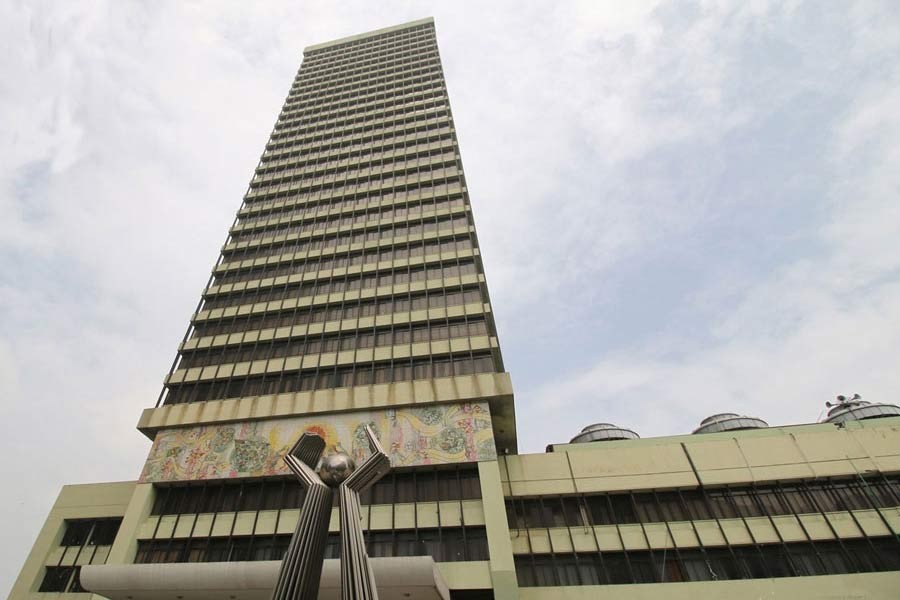The refinancing programme recently announced by the Bangladesh Bank (BB) could be singled out for its thrust on a critical issue --- greening of entrepreneurship. Clearly, the central bank's initiative has been prompted by the global tendency to go green in every sector of life, including that of industries and technology-based agriculture. As reported in the media, the BB has put its refinancing package's monetary value at Tk 50 billion. The sum is aimed at promoting green industry in the export and production sectors. The essence of the BB's refinancing carries a universal appeal and a timeless significance as well.
Under the scheme, the so-called green entrepreneurs in the country will be entitled to get loans at a 5.0 per cent interest, a BB circular says. Globally, the thrust is on making the production units green. Bangladesh, albeit in a small way, has been taking initiatives in that direction. Its readymade garment sector has now 117 US Green Building Council Leadership in Energy and Environment Design (LEED)-certified green factories. The number is the highest in the world. These green units have lower operational cost, though their building cost is higher than that of conventional factories. The green factories help cut down energy use by around 40 per cent and water consumption by more than 30 per cent. They also release less carbon dioxide.
In order to supplement its refinancing scheme, the Bangladesh Bank created a similar fund titled Green Transformation Fund worth US$200 million in 2016. The size of the fund became bigger through the addition of 200m euros in 2020. Ostensibly, it's a back-up of the main scheme. The fund is designed to finance procurement of capital machinery and related paraphernalia meant for putting into effect green industrialisation. It's a hard truth that disbursement from the above funds, however, has been slow. In line with the fast approaching small and large climate disasters, weathermen are unanimous on the point: the world, the poorer countries in particular, cannot afford to undermine the green issue. It's also true the multi-pronged struggles to attain an all-round greening require large amounts of money at national levels. It's only after the local initiatives, can the world dream of a global camaraderie in attaining success in its green mission.
These are, indeed, the signs of new times that humanity lately has not been confined to its day-to-day activities to go green. They have also included different other sectors related to their hazard-free survival. Those include efficient use of water expanses, water conservation and management, waste management, resource efficiency and recycling, renewable energy, heat and temperature management and many other localised areas. In the fast expanding sphere of the greening efforts, the industrial sector doesn't lag behind. Following their peers in the developed countries, entrepreneurs in Bangladesh, too, have lately focused on making their industrial production processes environment-friendly. They love to call these products green. Ranging from textile production, RMG in particular, to that of the automated ones, the country's entrepreneurs are apparently eager to go green. The BB's refinancing scheme will go a long way in helping Bangladesh realise its green dream.


